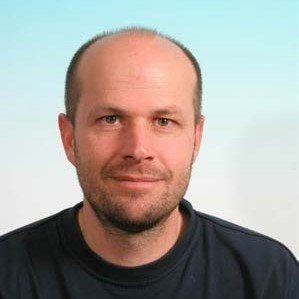Here below you can find all master courses the University Centre offers. All courses are taught in 1-3 week modules running from August through June. See how the courses are organised in the teaching schedule for both programs. Usually 2-3 courses are taught at the same time, but students may only enroll in one course at a time.
The master courses are available to you whether you plan to pursue a degree or just take a course or courses. Please review the options for guest studies to determine how you can apply.
For further information, contact the Administrative Director of Education and Teaching.
Marine Spatial Planning
- Spring 2024
- Next course: 04. March - 15. March 2024
- CMM/CRD Elective Course | 4 ECTS
- Course:CMM41
- Instructor: David Goldsborough
About the course
In the past ten years the concept of blue growth has globally become a hot topic, and most coastal states have been turning to marine areas for economic growth. This blue economy offers opportunities for generating jobs and income, but also poses serious challenges related to sustainable management of the marine environment and use of marine space. The latter, marine spatial planning (MSP), is the focus of this course. To manage marine space one needs to understand which stakeholders have spatial demands (where, when and what), and what the legal and policy constraints are. To truly experience how MSP works we play a serious game. In the game the students play the role of real life stakeholders and have to find space for 10 GW of wind energy in the Dutch part of the North Sea.
Instructor
is a researcher and lecturer on Marine Policy at Van Hall Larenstein, the Netherlands. His initial education was as an environmental scientist. David's current teaching focuses on marine policy, marine spatial planning, biodiversity conservation, and sustainable fisheries. He also teaches two master courses at the University of Twente, the Netherlands.
David is an active member of five International Council for the Exploration of the Sea (ICES) expert groups, and his key research interest is on the science-policy-practice interface in ecosystem based marine management with emphasis on documenting and understanding marine governance.

Learning outcome
The course is an in-depth analysis of the Marine Spatial Planning (MSP) process, illustrating the variety of outcomes possible, exploring specific tools and techniques, and relating the theory of MSP to practice by way of examining specific case studies worldwide. The challenges, lessons learned and future opportunities for MSP will also be explored from an applied perspective.
On completion of the course, a student:
- can relate core principles in ecological and coastal zone management theory to practice.
- has an understanding of the MSP process from an applied perspective.
- has an understanding of the variety of MSP outcomes / products and why they may differ from place to place.
- has an understanding of the variety of tools and techniques used in the process as well as their strengths and weaknesses.
- can demonstrate critical thinking, written and verbal communication skills through course assignments.